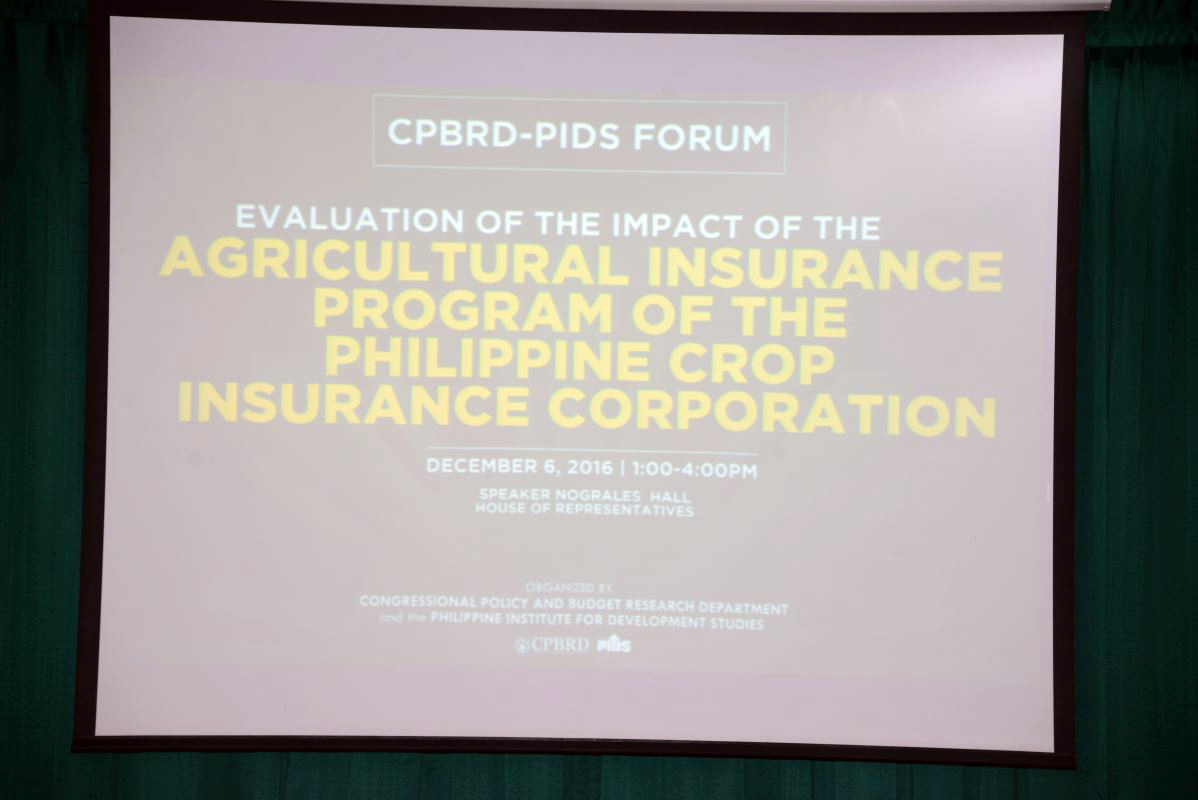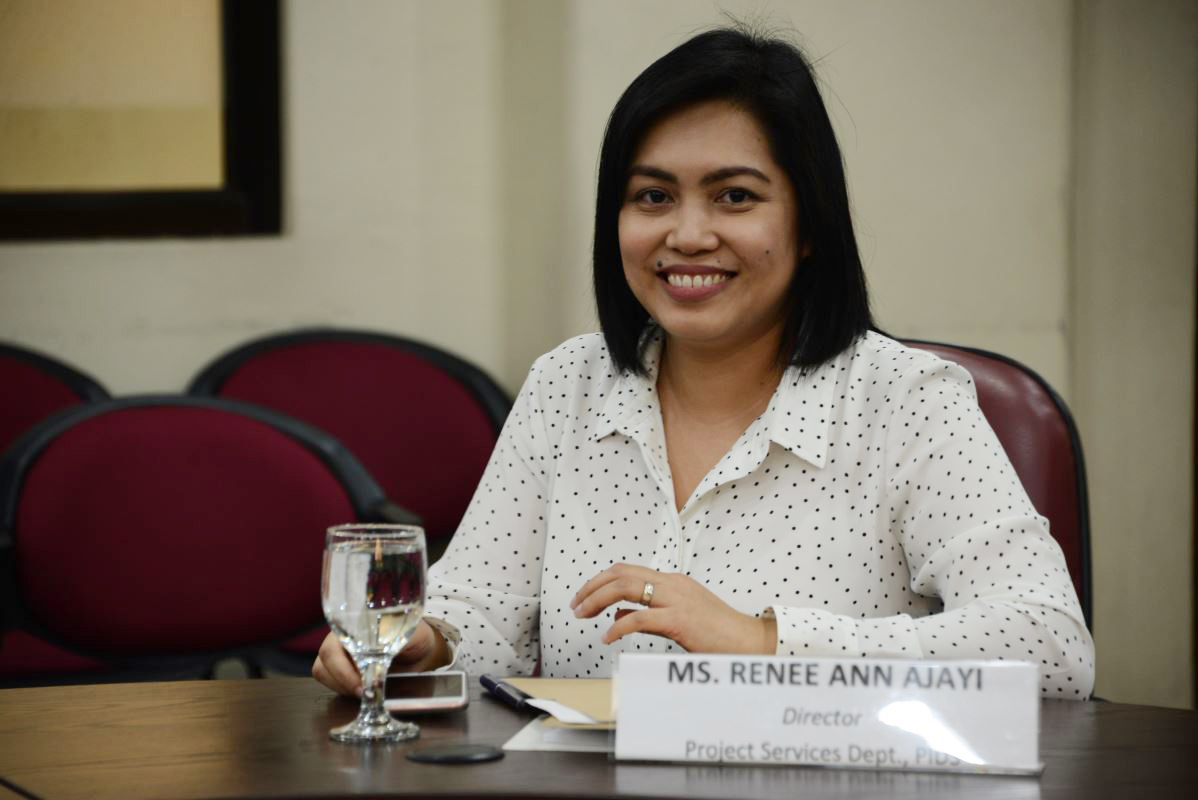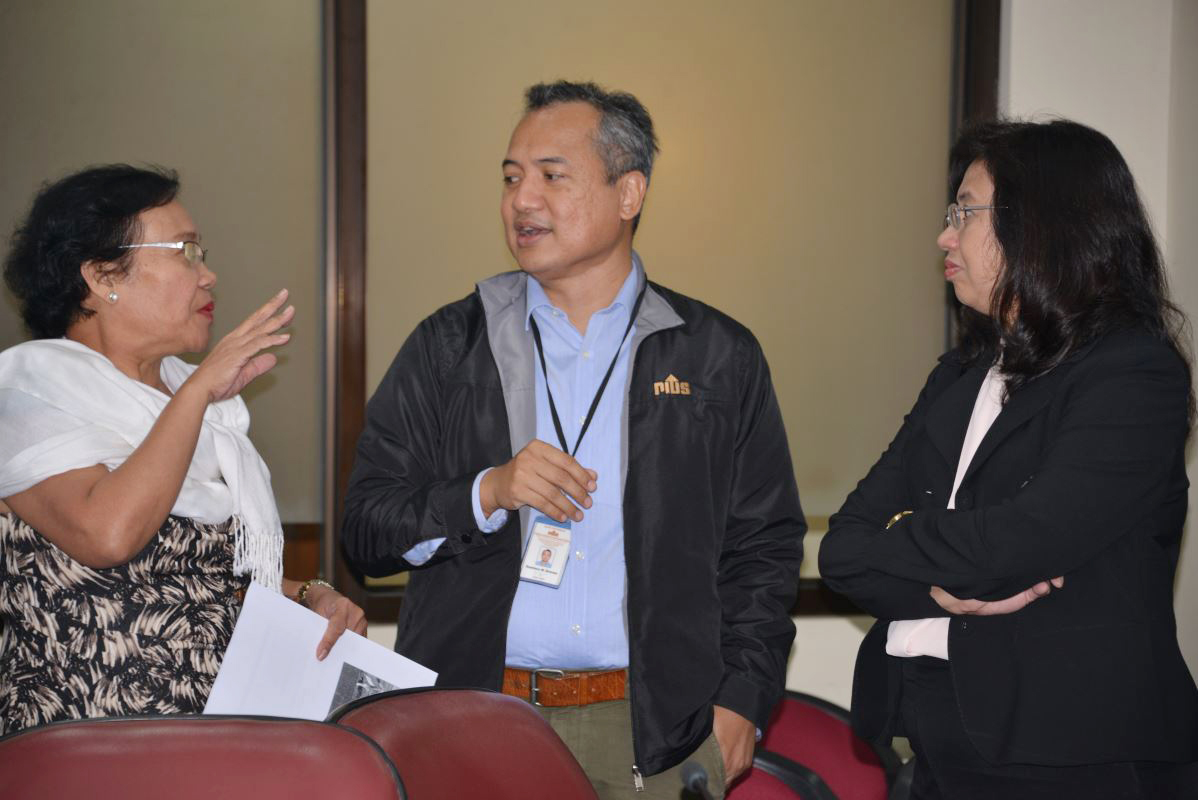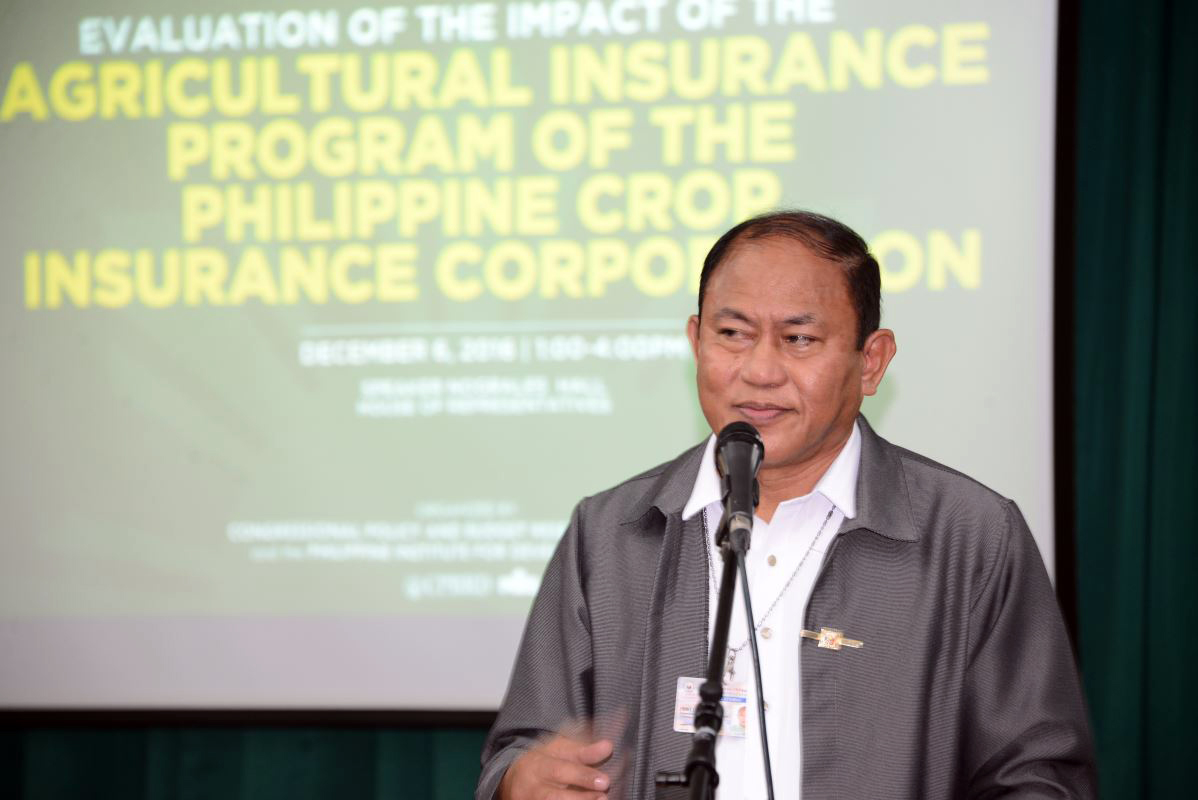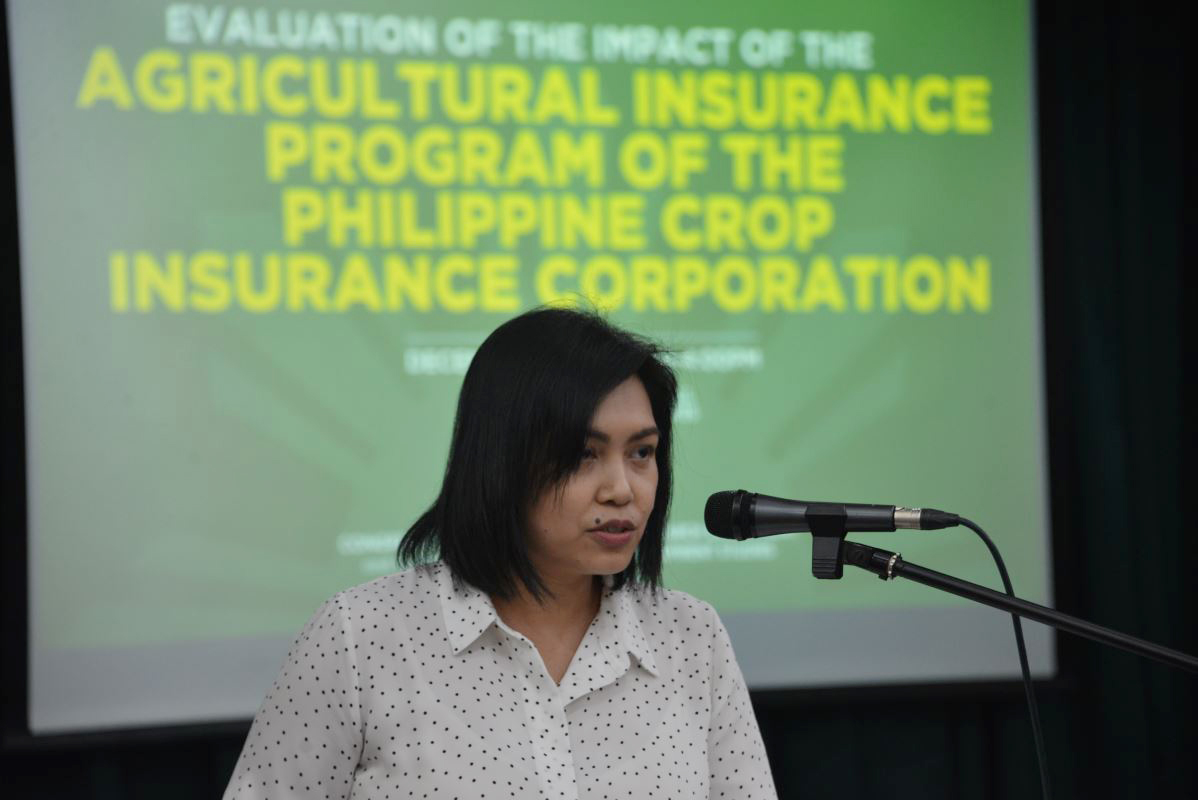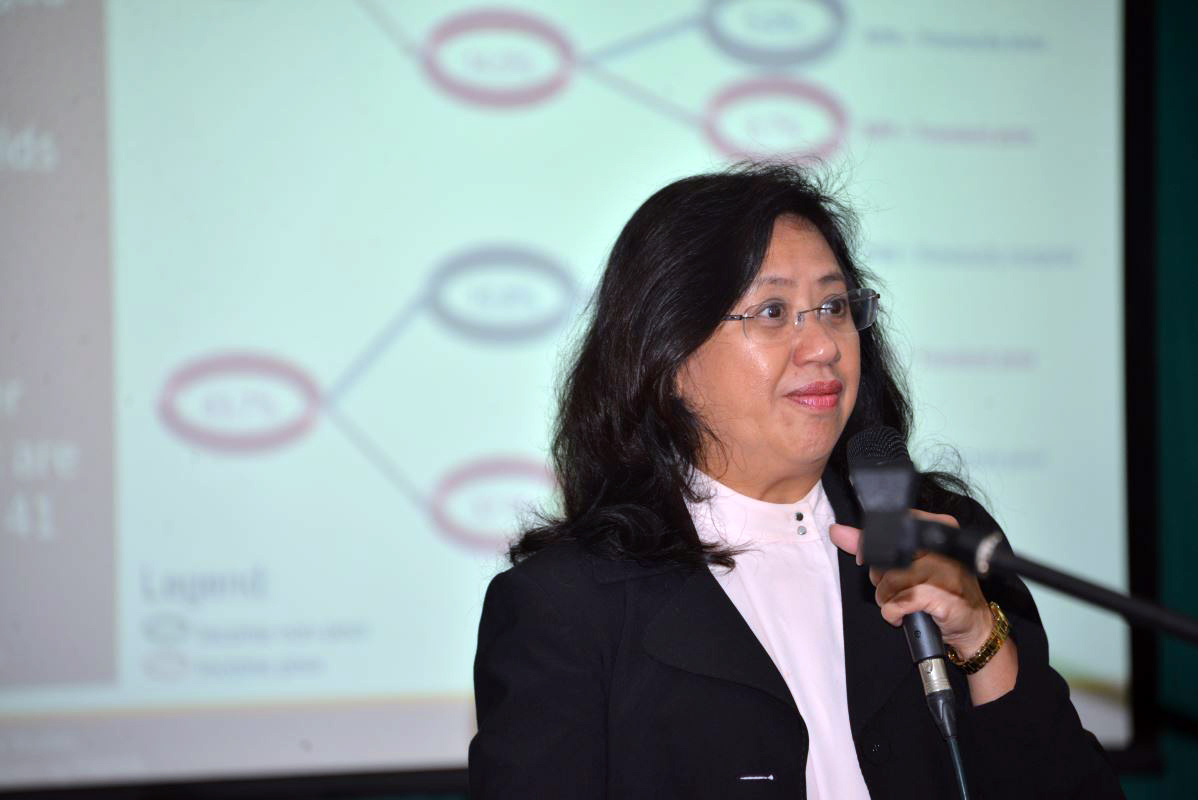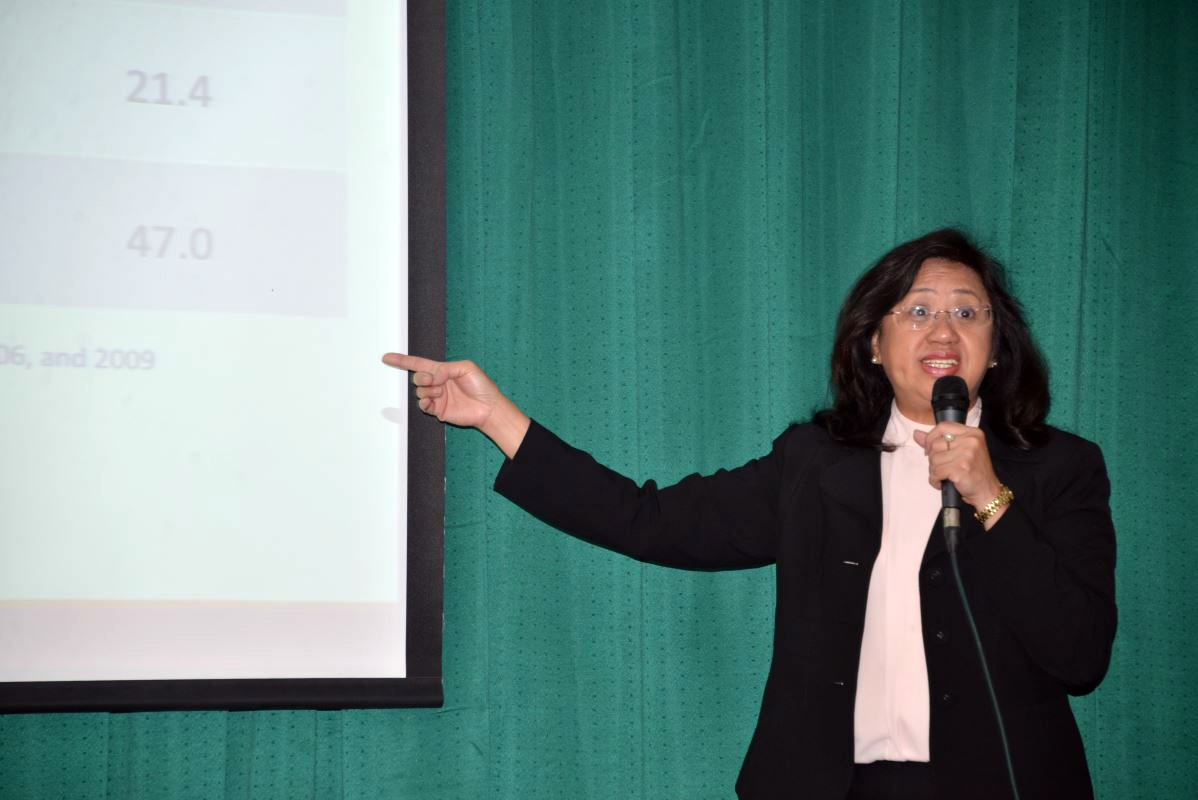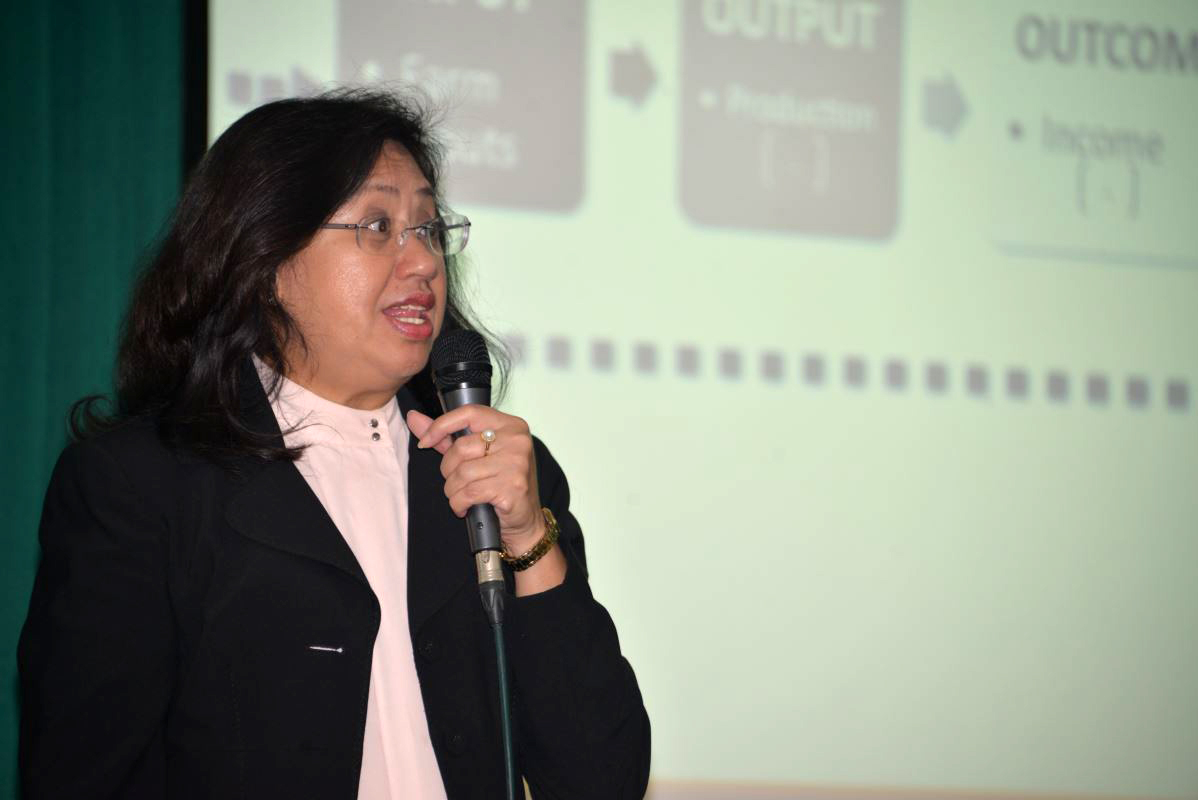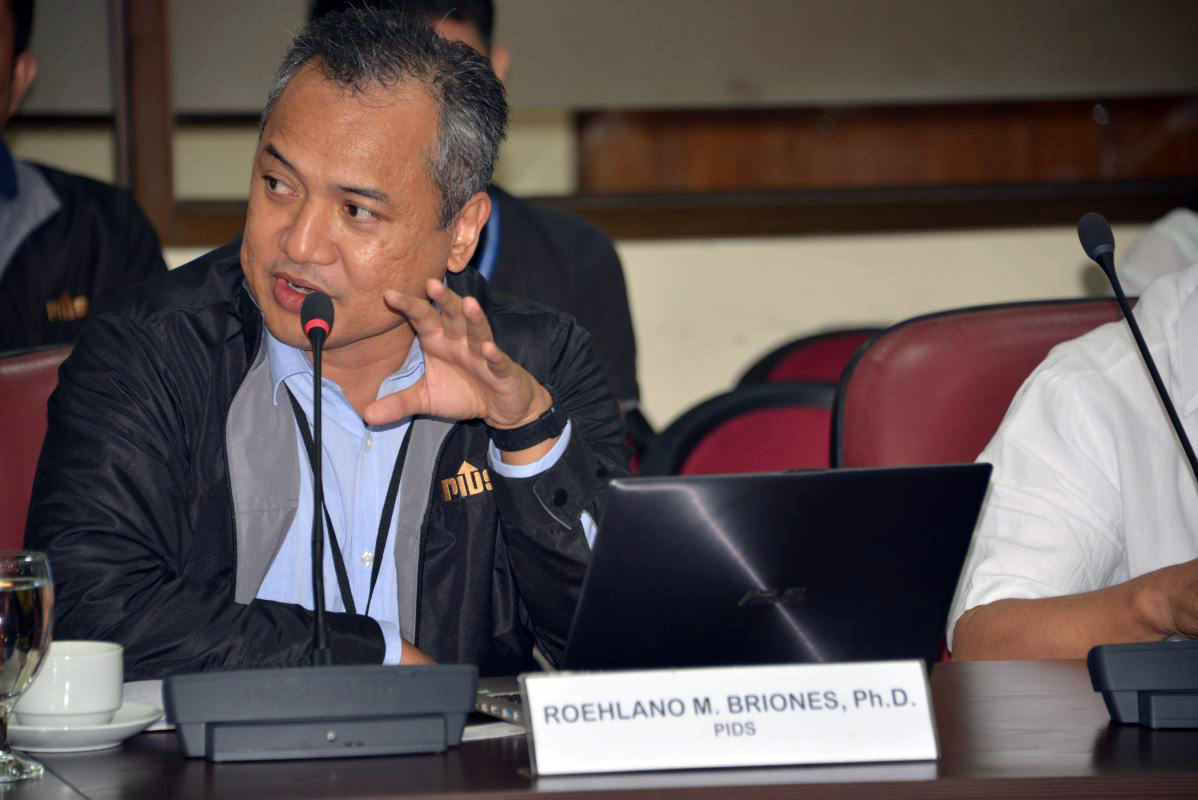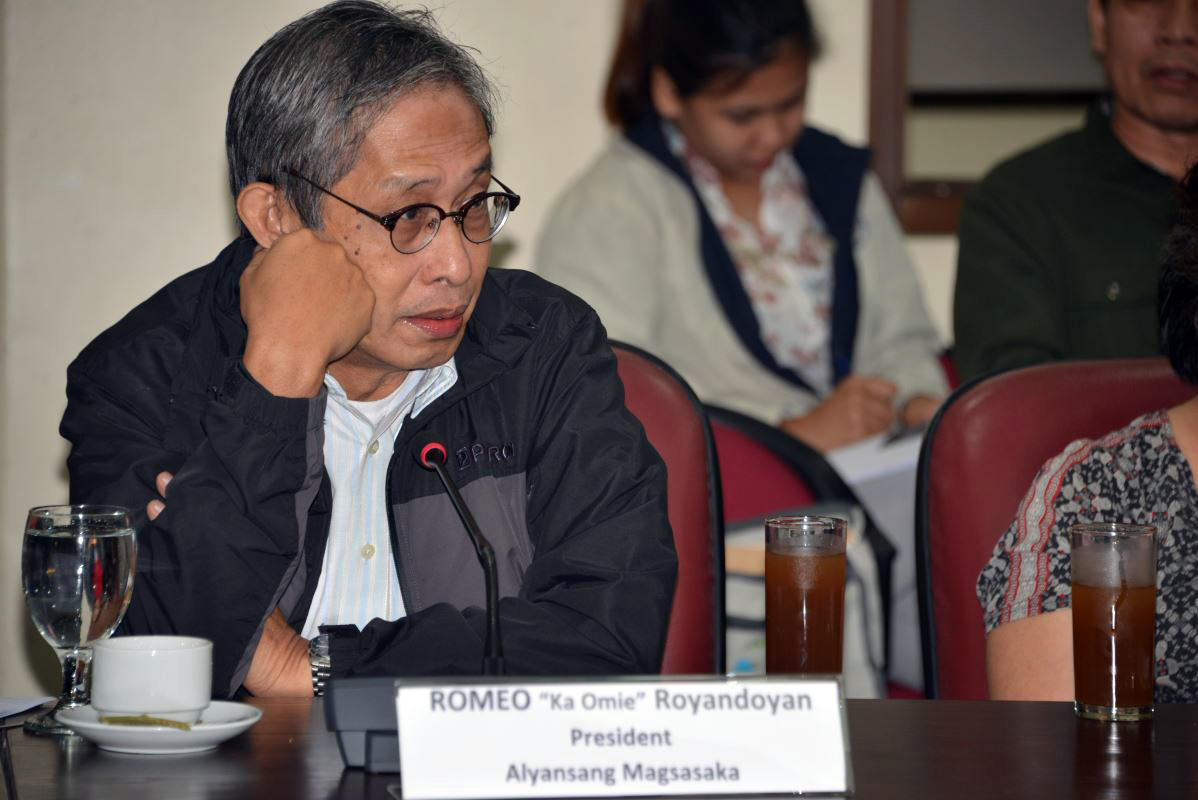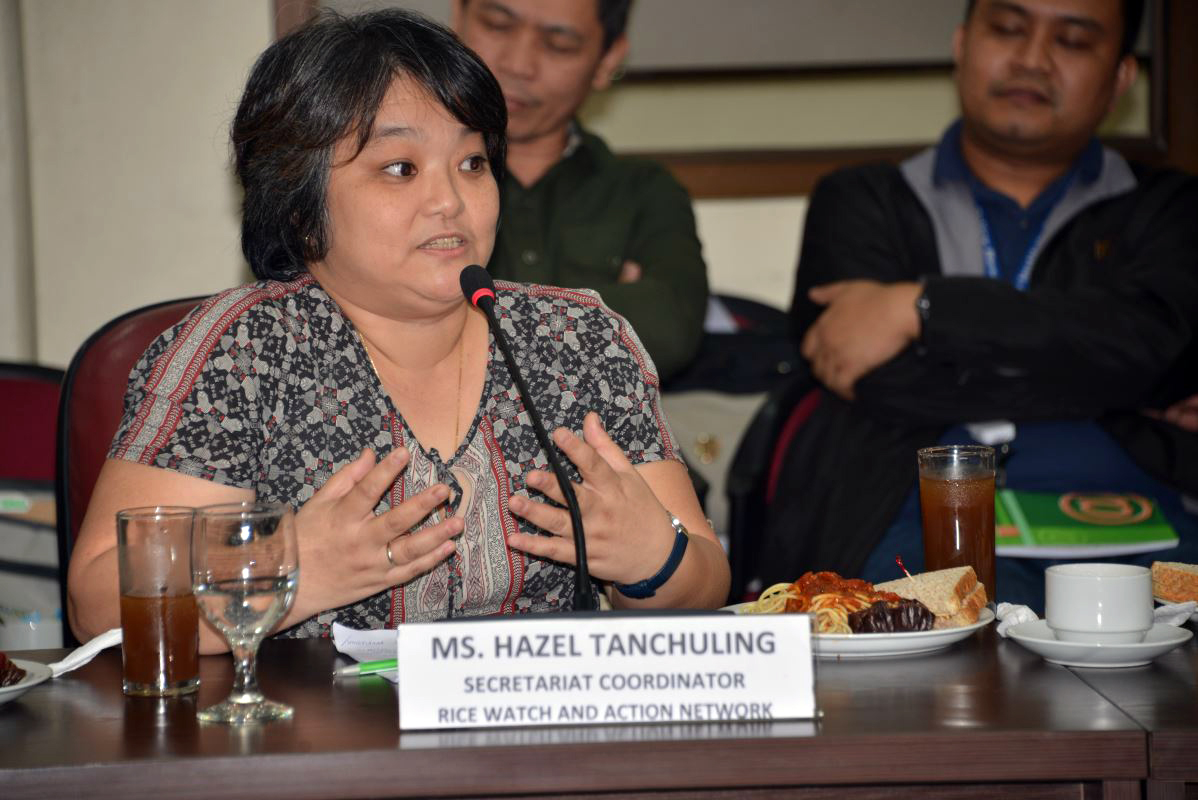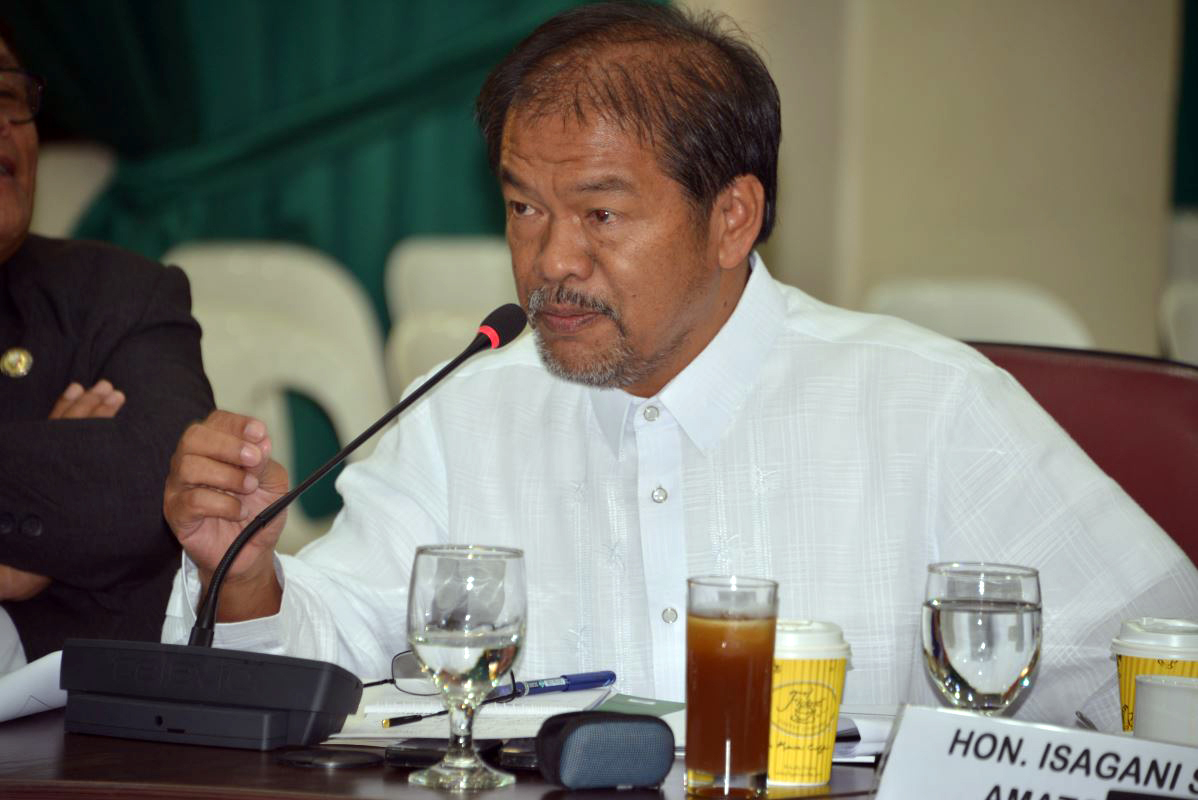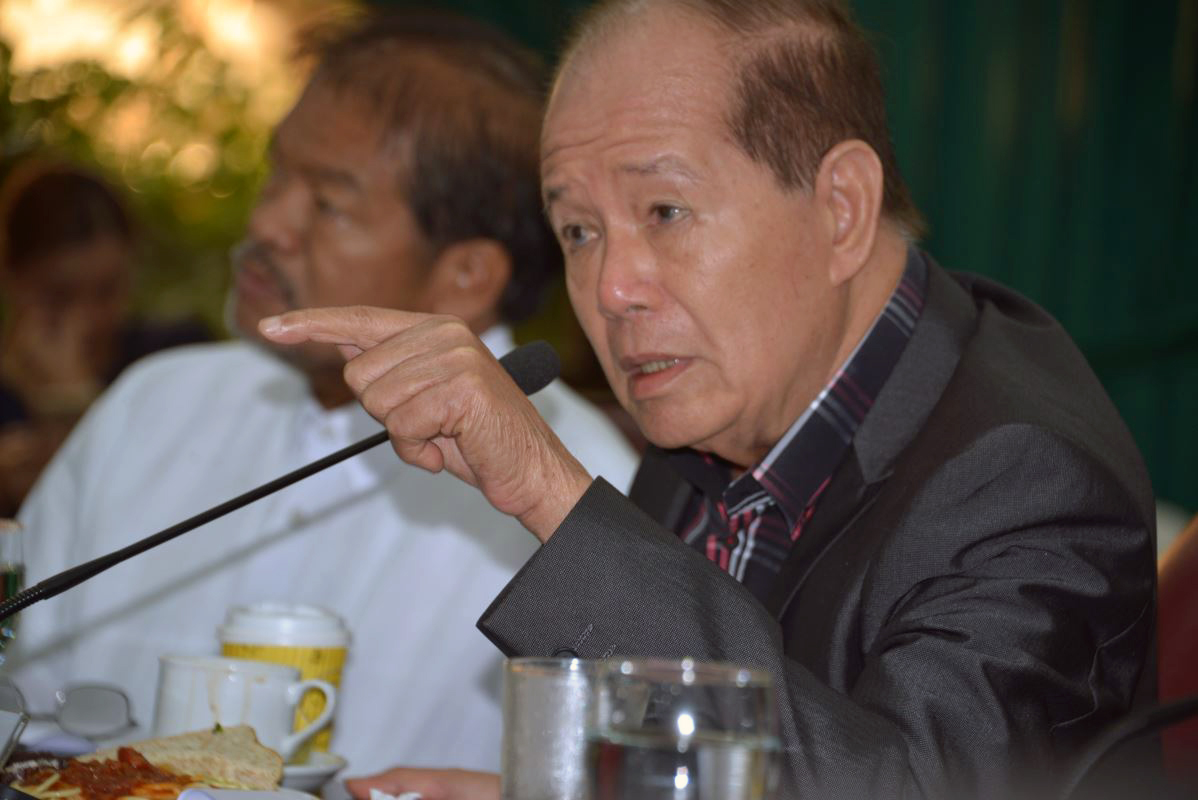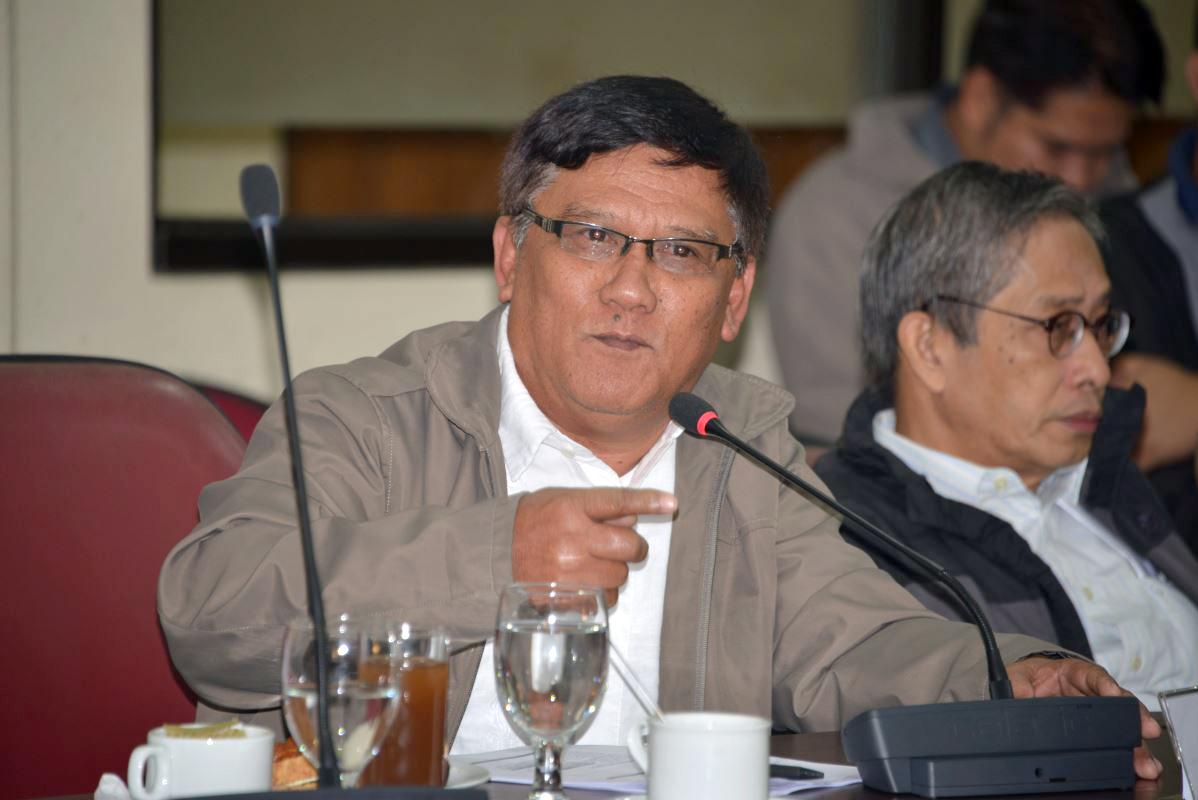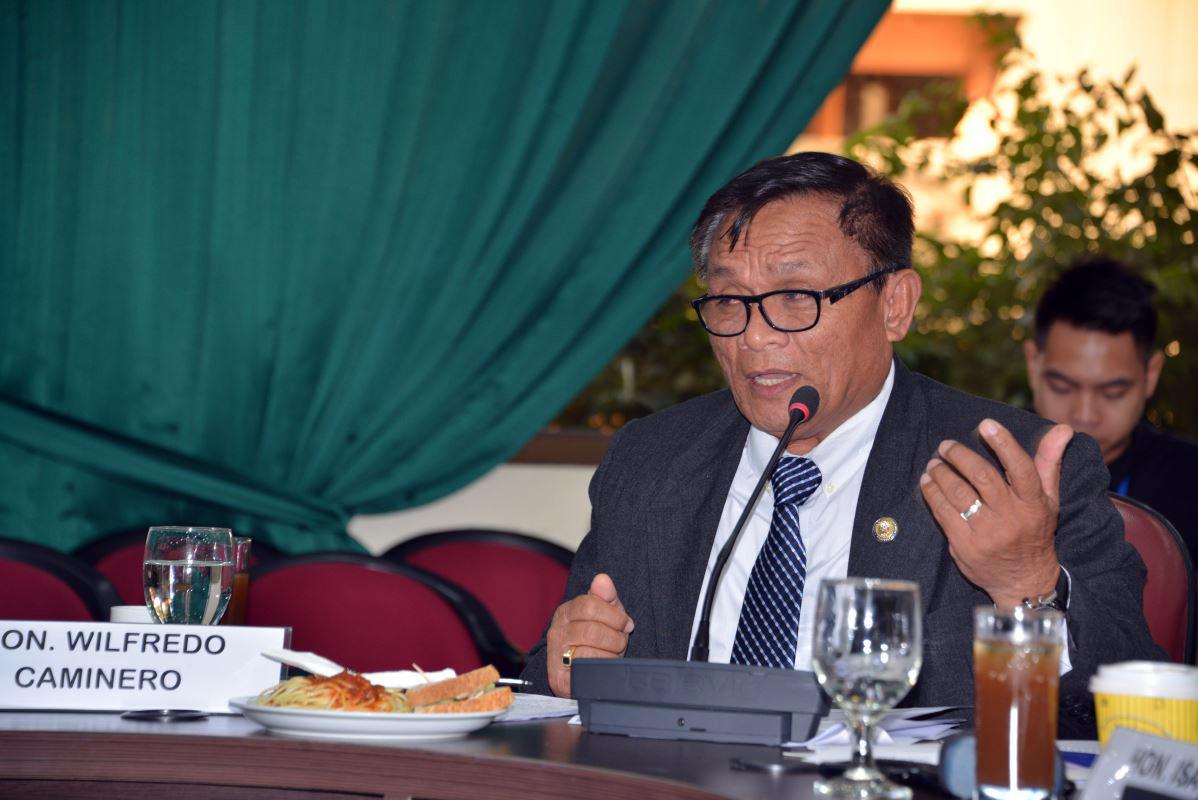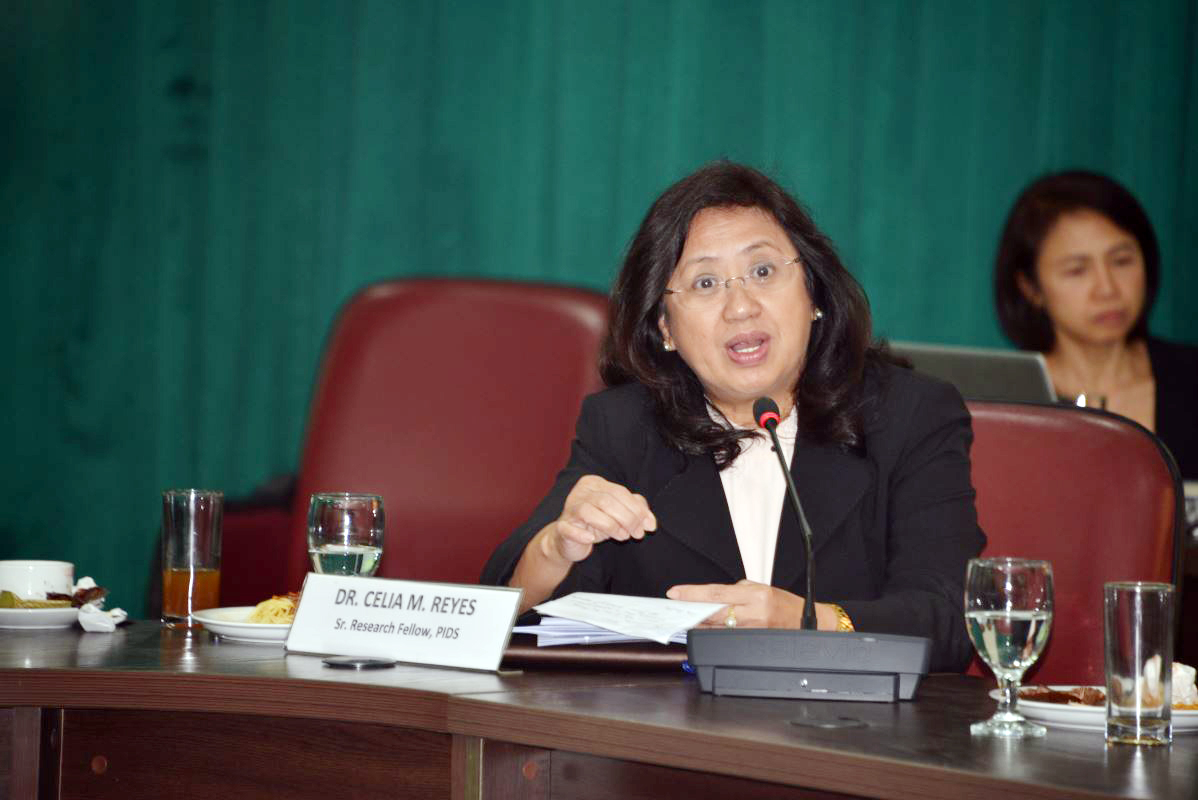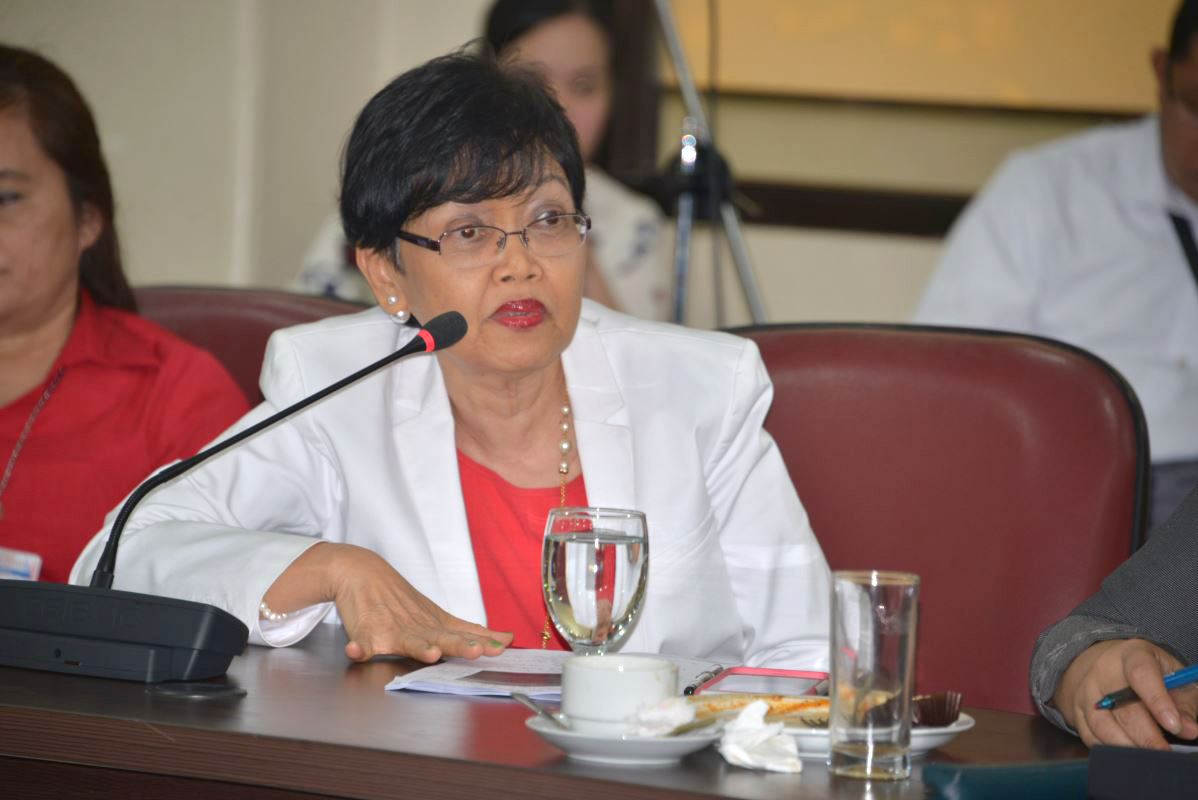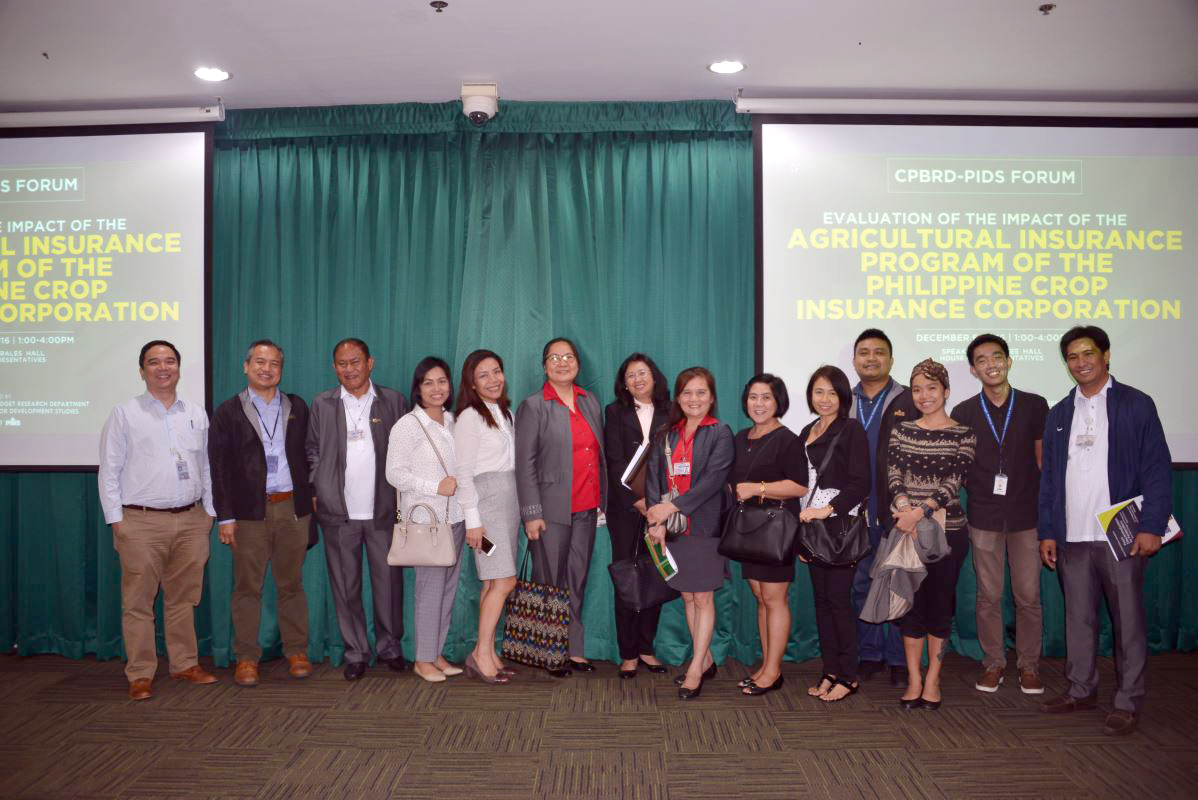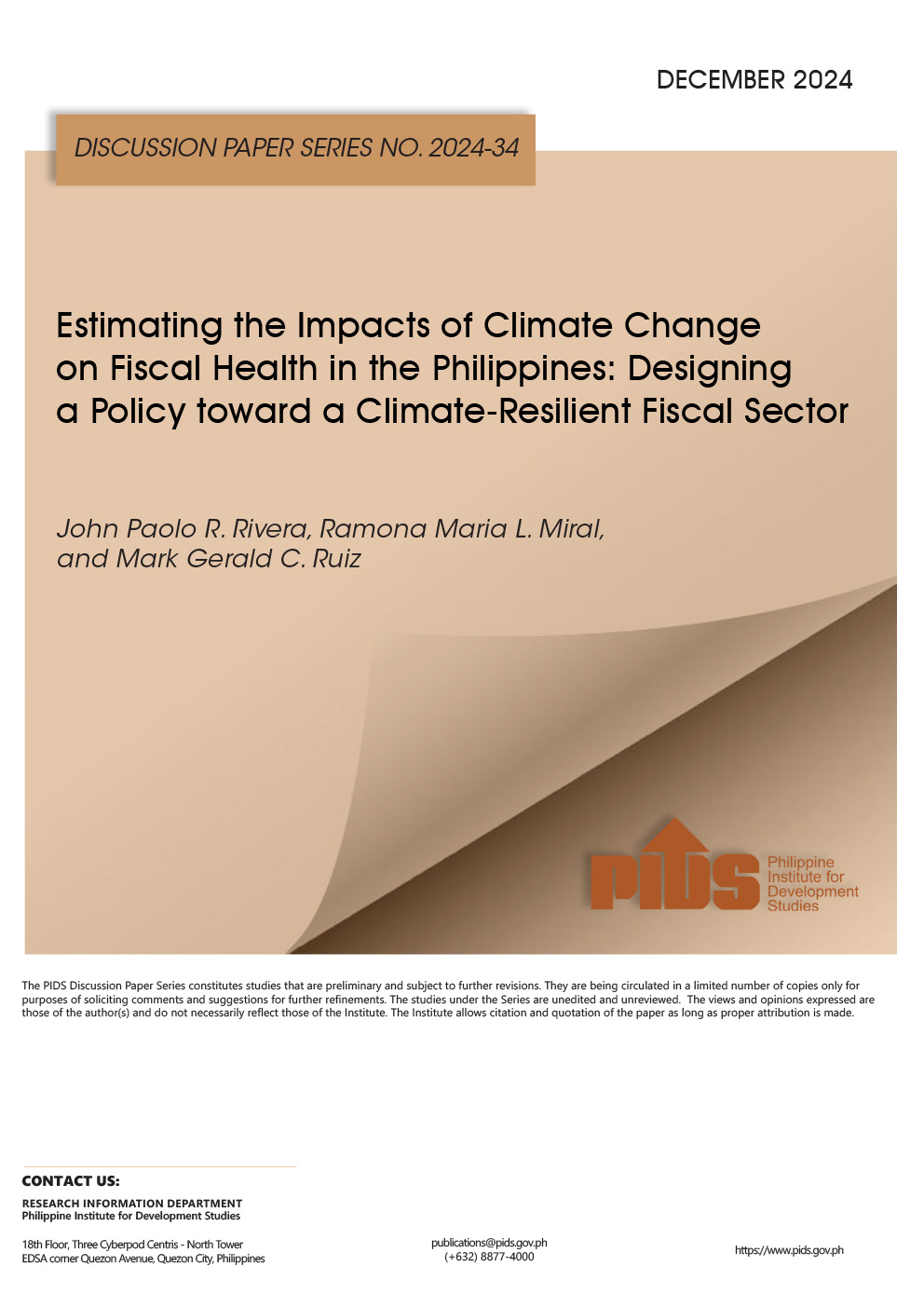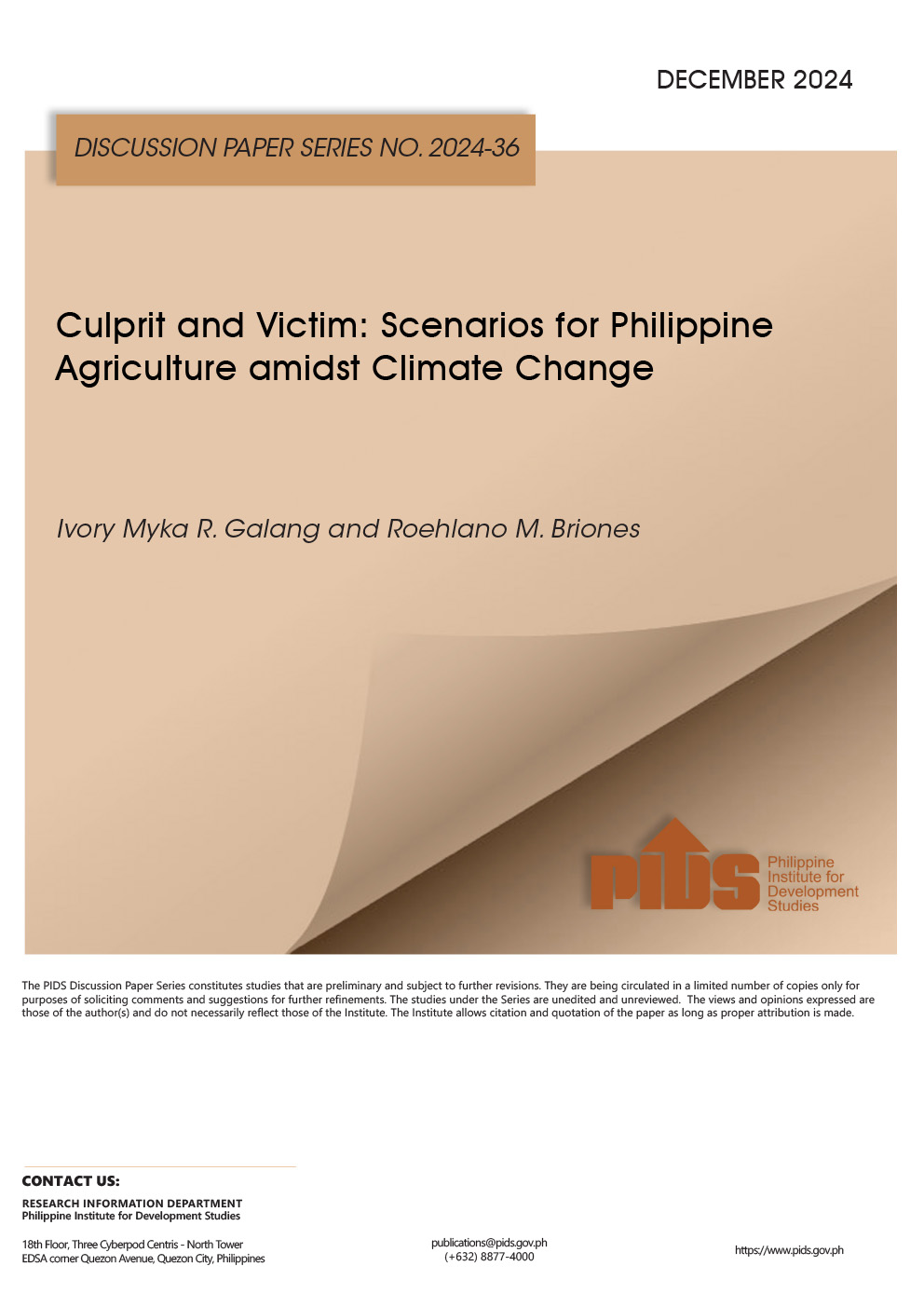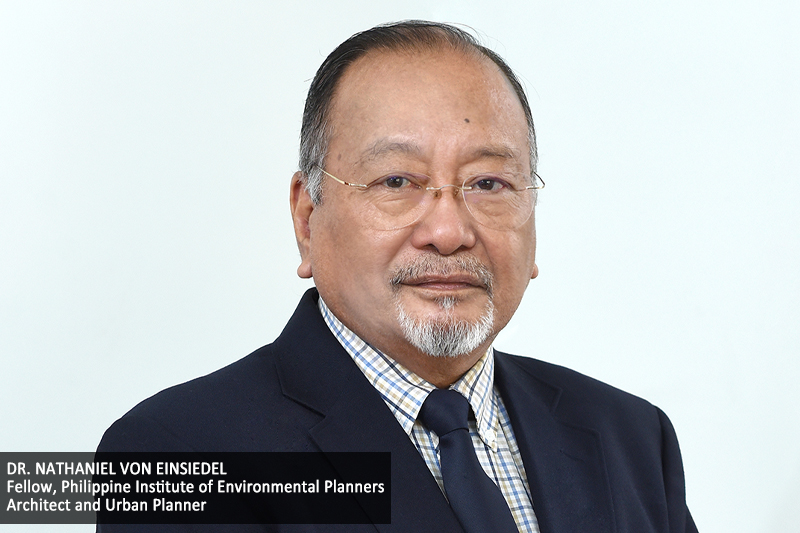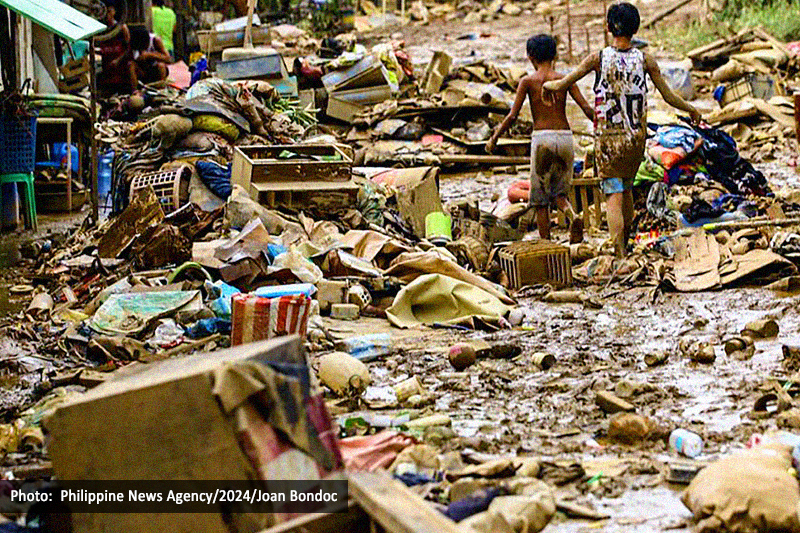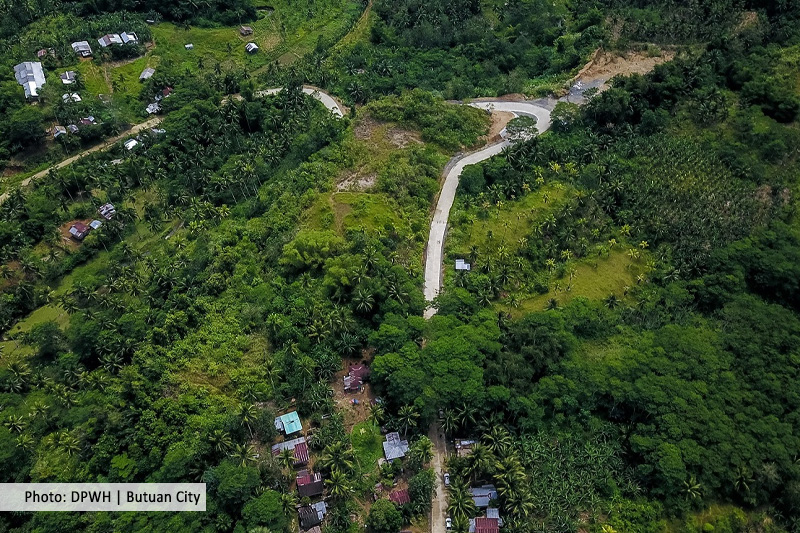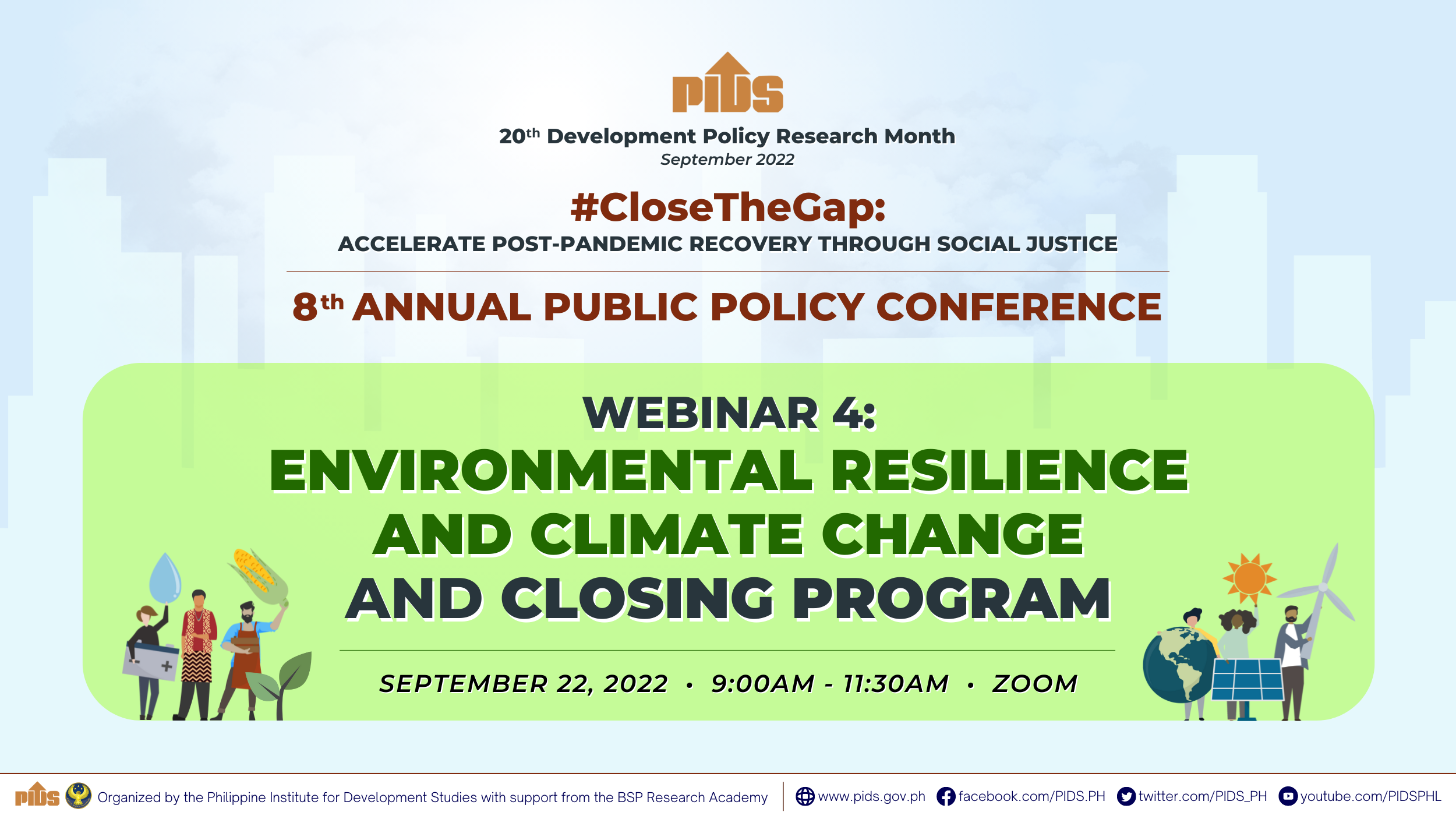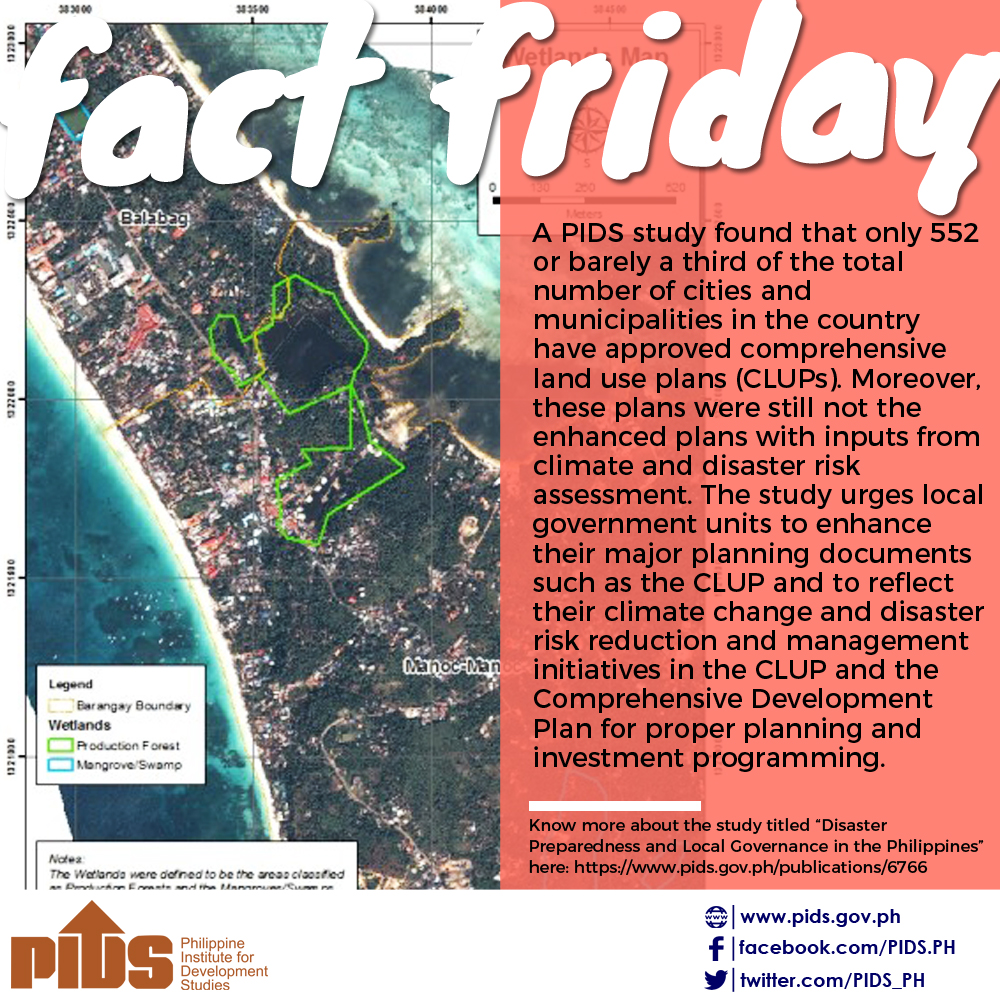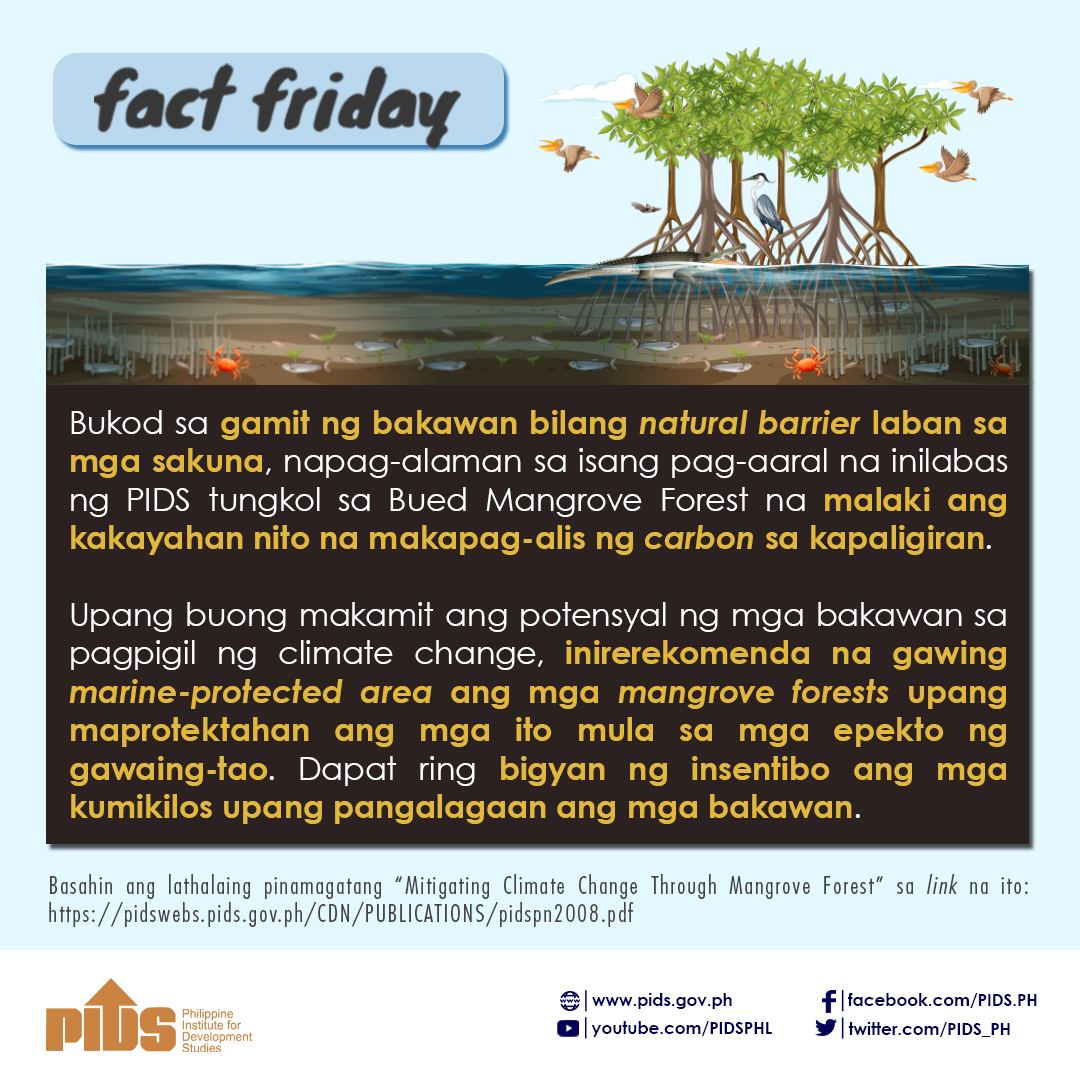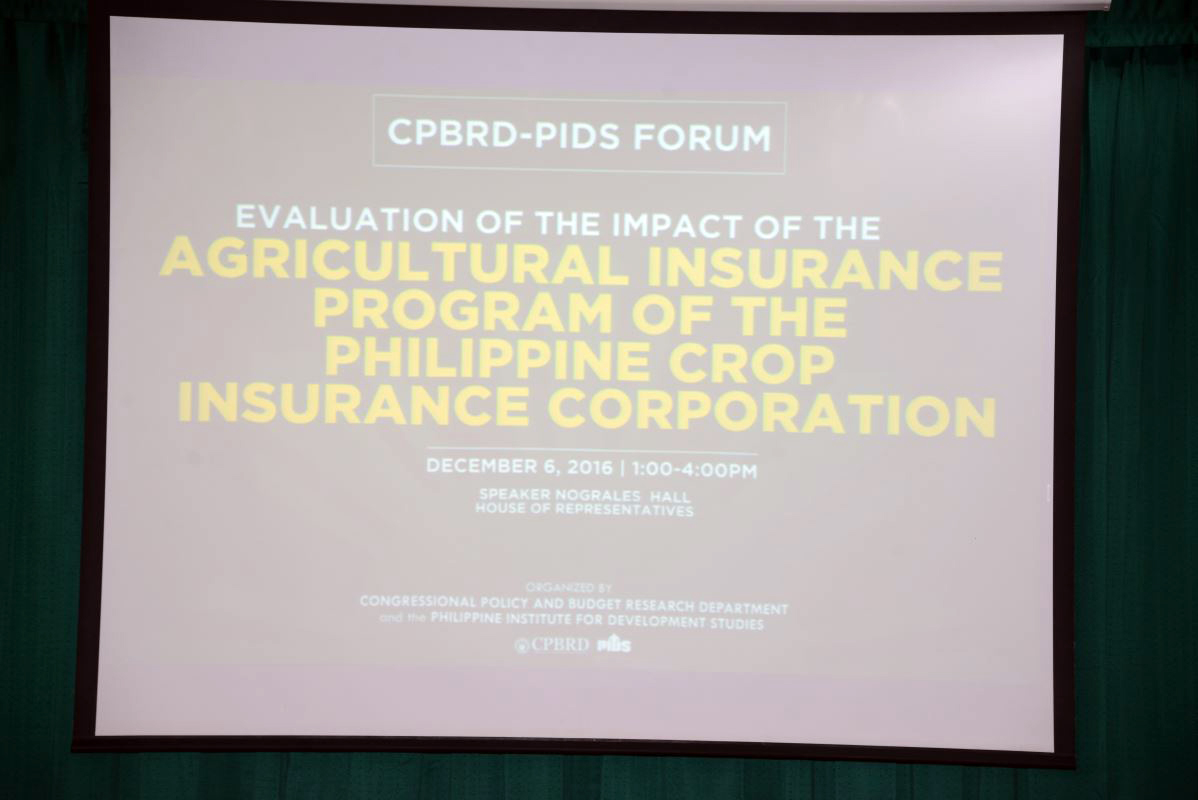
Presenter: Dr. Celia M. Reyes, PIDS Senior Research Fellow
Climate change is a growing environmental risk facing the world today. Since majority of the highly vulnerable poor households are in the agriculture sector, agricultural insurance can be an effective safety net that could help these households withstand the effects of shocks and natural disasters brought about by climate change and its impact on agriculture. In the country, the Philippine Crop Insurance Corporation is the government organization offering agricultural insurance (rice, corn, high-value crops, livestock, noncrop agricultural asset, fishery, credit, and life insurance) to agricultural producers of the country. To assess program delivery, a process evaluation on the design and implementation of the program was done, using the results of the focus group discussions with various PCIC clients and partners in selected regions of the country, together with key informant interviews, desktop reviews, and secondary data analysis. To evaluate the impact of agricultural insurance to farmers, a combination of matched Difference-in-Difference (DID) and Instrumental Variable (IV) Regression is used to estimate the impact on farmers’ well-being (i.e., net income), investment in productive farm activities and access to agricultural credit, using data from a survey of 2,500 rice, corn, coconut, and banana farmers in five regions of the country.
DOWNLOAD PRESENTATION
Related Publications:
DP 2015-07: Review of Design and Implementation of the Agricultural Insurance Programs of the Philippine Crop Insurance Corporation
DP 2015-08: Targeting the Agricultural Poor: The Case of PCIC's Special Programs
DP 2016-42: Impact Evaluation of Banana Insurance Program of the PCIC in the Davao Region
DP 2016-43: Evaluation of the Impact of the Agricultural Insurance Program of PCIC on Rice Producers in Region VI
DP 2016-47: Impact Evaluation of the Agricultural Insurance Program of the Philippine Crop Insurance Corporation on Agricultural Producers in Central Visayas
